The Emperor Wenchang Blessing card for study and work[10 sheets]
Original price was: $69.00.$39.00Current price is: $39.00.
instructions:
1. Use an oily black pen to fill in your name on the card (one for each person)
2. Choose a time in the morning and stick the card on the wall of your home (preferably the wall facing the front door), with a height above the ground that is similar to your height
3. Sincerely pray for blessings
Attention: The wall should not face the toilet or kitchen. The surrounding area should be clean and tidy, and not cluttered
If not needed, please burn it and do not throw it away directly as garbage
Free shipping on orders over $100!
- Mystical Power Blessing
- Not Just An Ordinary Product
- Professional Guidance
- Secure Payments
Description
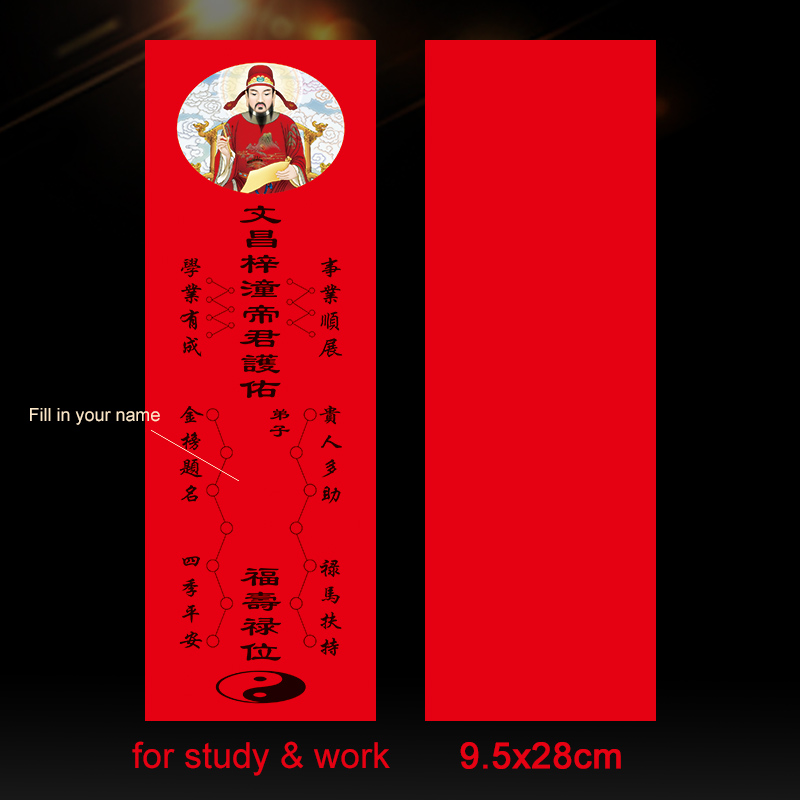
instructions:
1. Use an oily black pen to fill in your name on the card (one for each person)
2. Choose a time in the morning and stick the card on the wall of your home (preferably the wall facing the front door), with a height above the ground that is similar to your height
3. Sincerely pray for blessings
Attention: The wall should not face the toilet or kitchen. The surrounding area should be clean and tidy, and not cluttered
If not needed, please burn it and do not throw it away directly as garbage
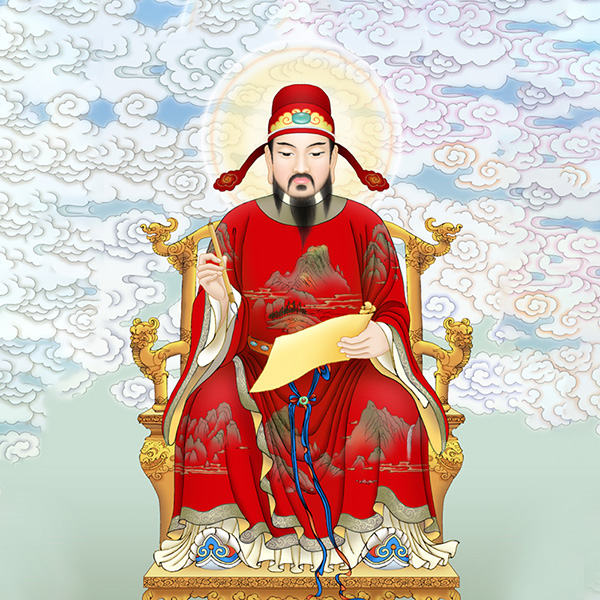
The Wenchang Emperor in Taoism
The Wenchang Emperor is a highly respected deity in Taoism and is regarded as the patron saint of scholars, learning, and official careers.
Origin and Background
The origin of the Wenchang Emperor is closely related to the combination of the “Wenchang star god” in the celestial constellations and the local “Zitong god” in Sichuan. In the sky, near the Big Dipper, there is a constellation named Wenchang which consists of six stars. Among them, the “Silu” star is in charge of rank and reward, and the “Siming” star is in charge of a person’s lifespan. These stars have long been the focus of popular folk beliefs.
As for the local connection, Zitong god was originally a local guardian deity in Sichuan. There are different legends about the specific identity of this deity. One version is that there was a person named Zhang Yazi (also said to be named Ezi in some accounts). He was said to have moved to Zitong from Yuexi to avoid his mother’s feud. He once served as a general in the Jin Dynasty and died in battle. The people of Shu built a temple to worship him.
Evolution and Deification
Over time, the stories and functions of the Wenchang star god and the Zitong god gradually merged. In the Song and Yuan dynasties, through the efforts of Taoists and the spread of related beliefs, the Wenchang Emperor became a widely recognized deity. In 1316, Yuan Renzhong added the title of “Fuyuan Kaihua Wenchang Silu Hongren Emperor” to Zhang Yazi, officially combining the Wenchang star god and Zhang Yazi into one, and the Wenchang Emperor became the idol of scholars.
Characteristics and Symbols
The Wenchang Emperor is usually depicted as a kind and noble figure with an elegant demeanor. He is often seated, sometimes riding a white donkey. By his side are two boy attendants, one is Tianlong (deaf in heaven) and the other is Diyia (dumb in earth). The reason for having these two attendants is said to be to prevent the leakage of examination questions, emphasizing the fairness and secrecy of knowledge and official careers.
In Taoist temples, statues or paintings of the Wenchang Emperor are important objects of worship. His image represents the pursuit of knowledge, the hope for success in official careers, and the respect for wisdom and learning.
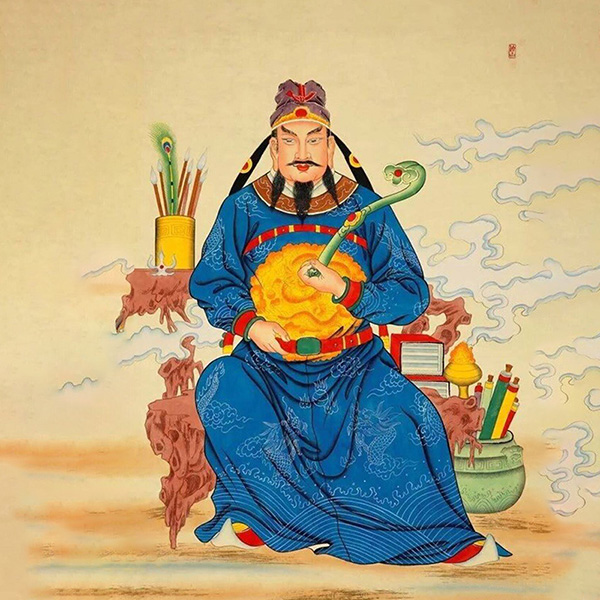
Influence and Worship
The Wenchang Emperor has had a profound influence on Chinese culture, especially in the fields of education and officialdom. In ancient times, students and scholars would worship the Wenchang Emperor before taking exams, hoping to obtain good grades and official positions. This kind of worship has become a traditional folk custom.
There are many Wenchang temples and shrines all over the country. The Qiqu Mountain in Zitong County is known as the birthplace of the Wenchang Emperor, and it is a famous place for people to worship. Every year on the third day of the second lunar month, there are grand Wenchang festivals and solemn sacrificial ceremonies.
In conclusion, the Wenchang Emperor is an important deity in Taoism, representing people’s pursuit of knowledge, wisdom, and official careers. His influence has penetrated into various aspects of Chinese traditional culture and is still widely respected and worshipped today.
You must be logged in to post a review.
![The Emperor Wenchang Blessing card for study and work[10 sheets]](https://29600.com/wp-content/uploads/2024/10/for-study-and-work.jpg)
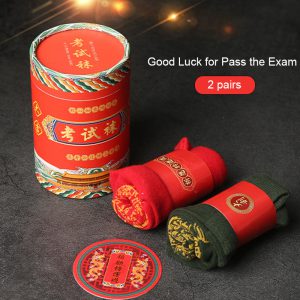
![Five Wealth Gods Auspicious phone metal sticker, wish Wealth and Success [2 pieces]](https://29600.com/wp-content/uploads/2024/10/five-roads-wealth-gods-300x300.jpg)
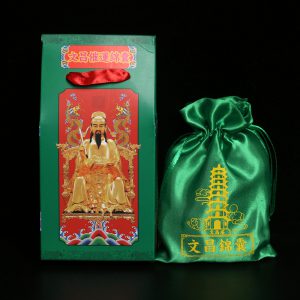
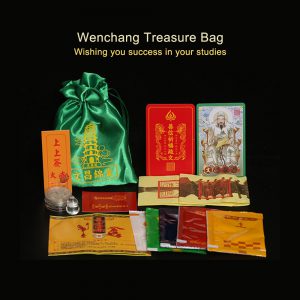
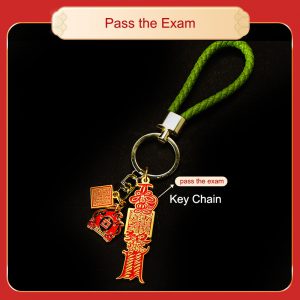
Reviews
There are no reviews yet.